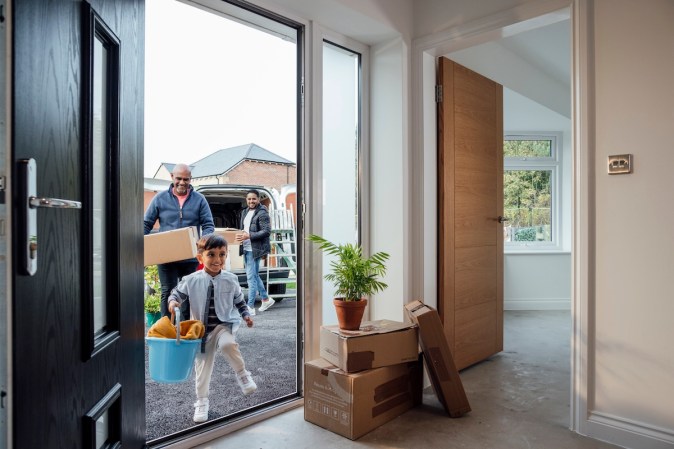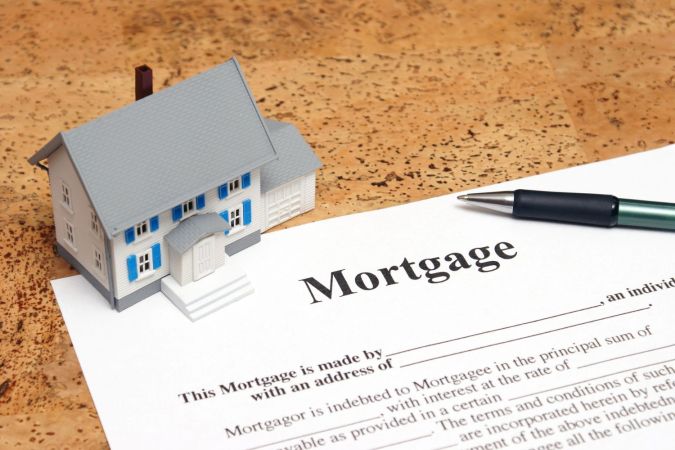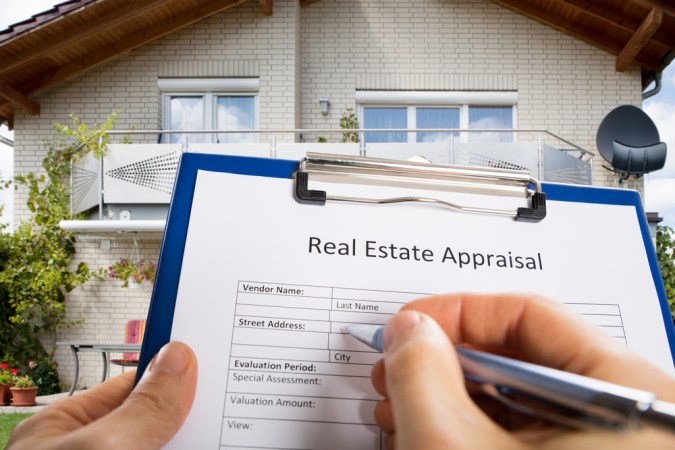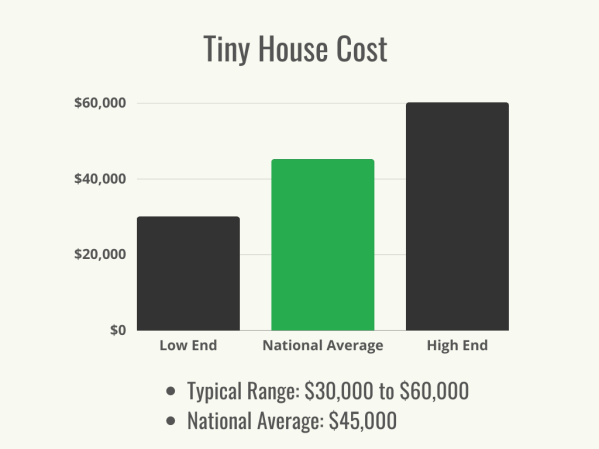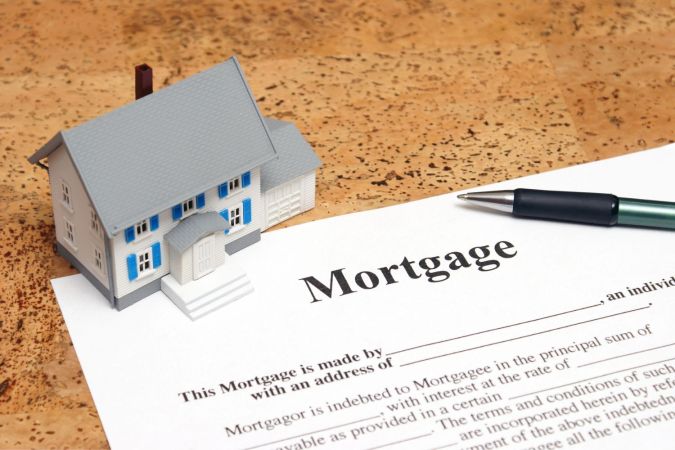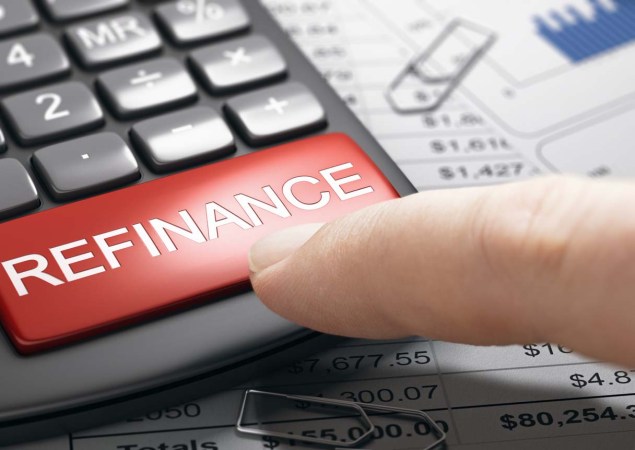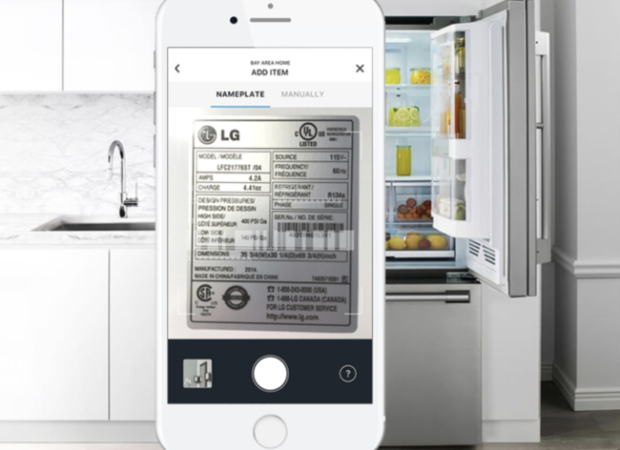We may earn revenue from the products available on this page and participate in affiliate programs. Learn More ›
Q: I’m renting and thinking about buying a home since I would be paying the same amount—if not less—than I’m paying now. I’m saving up for the down payment. However, one of my friends said that I’ll also need to pay several thousand dollars in closing costs. What are closing costs, and how much should I expect to pay?
A: The final step in purchasing a home is the closing. This is where you sign all of the official documents and receive the keys to your new home. But before you get the keys, you’ll also need to pay your closing costs.
While sellers pay a handful of closing costs, which are typically deducted from the final amount they receive, buyers pay the vast majority of these costs. Sometimes, you can negotiate closing costs in advance and have the seller help you cover some (or even all) of these expenses. Also, depending on your financial status, you may be able to find a first-time home buyer program in your state to provide assistance.
In any event, you need to know the various types of closing costs to expect so you can be prepared. To help you plan ahead, we’ve rounded up a team of experts to explain what these fees are and provide ballpark figures.
Loan Application
According to Barry Ingram, broker/owner and loan originator at Motto Mortgage Independence in Sugarland, Texas, there are several closing costs associated with the loan origination, and the amounts will vary by lender and broker.
- Credit Report Fee: Mortgage professionals have to pay to pull your credit report from one of the three major credit bureaus, and Ingram says they’ll pass that expense on to you. “This fee cannot be waived, and some mortgage professionals require it to be paid up front by the customer,” he says. “This fee can typically be anywhere from $25 to $100, and joint applications are often on the higher end.”
- Application Fee: There’s also a fee for the actual loan origination process: taking, preparing, and reviewing the mortgage loan application. “This fee can potentially be waived, and the cost of these fees range based on the mortgage professional but are often between $40 and $250,” Ingram explains.
- Processing Fee: “Processing begins shortly after a loan application has been submitted and often accelerates once the loan has been approved with conditions,” Ingram says. “The processor generally works directly with the loan applicant and the loan originator to obtain and validate specific documentation related to things like tax returns, financial accounts, income, recurring monthly debts, and employment information from the loan applicant.” Ingram says documentation, letters of explanation, verifications, and other information are provided to the underwriter.

RELATED: Don’t Let Emotions Cloud Your Real Estate Judgement
Appraisal and Inspection
You may have a pretty good idea of what you think your home is worth, but your lender prefers the opinion of your appraiser. “The appraisal fee is the cost charged for a licensed appraiser to provide a valuation estimate for the home that will serve as collateral for the loan,” Ingram says.
The appraisal fee depends on a variety of factors. “It’s usually based on a combination of the type of appraisal, the location of the property, the experience level of the appraiser, and the speed at which the appraisal report must be returned,” Ingram explains. He says the fee can’t be waived and often has to be paid in advance.
“Non-rush appraisal fees can generally range from $400 to $600, and rush fees can add at least $150 to the cost.” Depending on the property’s location and the number of times the appraiser needs to visit the home, the cost could exceed $2,000, he says.
An appraisal is not the same as a home inspection. “The home inspection fee is the cost charged for a licensed inspector to look over the home and the major features of the home, including the roof, plumbing, wiring, and appliances, and provide a detailed report on the general condition of the home and any repairs that may need to be done,” Ingram explains.
While a home inspection is optional, he says it’s strongly recommended—even in a seller’s market. “Home inspection fees can typically range anywhere from $200 up to thousands of dollars, depending on the size of the home and the complexity of the inspection,” Ingram says.
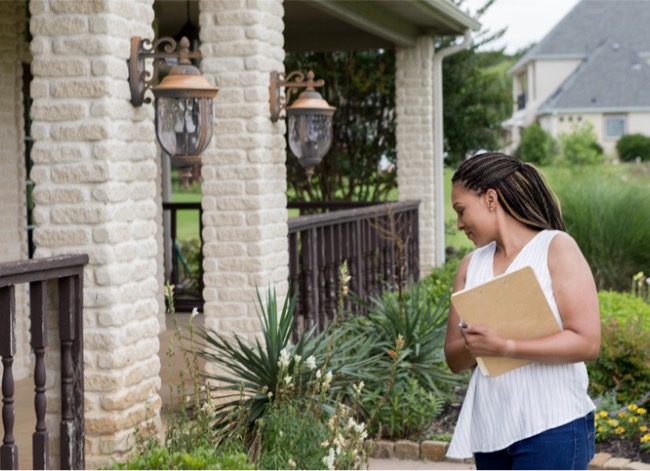
Title Insurance
Title insurance covers claims from anyone who would question the property’s ownership. “These claims include forgeries, filing errors, liens, unknown heirs, back taxes, easements, and so on,” Ingram explains. He says there are two types of title insurance: lender’s title insurance and owner’s title insurance. So, what’s the difference?
“The lender’s title insurance protects the lender’s interest and is typically mandatory, and the fee amount is usually based on the sales price of the home.” According to Ingram, it usually ranges between $1,000 and $3,000.
The owner’s title insurance policy, on the other hand, protects the purchaser’s interest and is optional, but Ingram says it is strongly recommended. “It is a fraction of the cost of the lender’s policy and is usually less than $300.”
RELATED: 9 Factors That Jack Up the Cost of Home Insurance
Homeowners Insurance
You’d probably get home insurance anyway, but lenders aren’t taking any chances. “Lenders require buyers to provide proof of homeowners insurance when applying for a mortgage in case the home is damaged or destroyed,” says Melinda Wilner, chief operating officer of United Wholesale Mortgage in Pontiac, Michigan. That’s because if something happens to the home, there’s still a mortgage on it that needs to be paid back. “There may be an instance where a homeowner does not want to pay back a mortgage on a home that has been destroyed, so this insurance not only protects them, but also the lender in the event the loan goes into default,” she explains.
“Homeowners insurance generally covers interior and exterior damage to a home as well as loss or damage of personal assets and injuries that occur on the property.” If there is an escrow account set up, Wilner says payments for the policy may be included within your monthly mortgage payments.
PMI
Private Mortgage Insurance (PMI) is required when the borrower’s down payment amount is less than 20 percent of the loan amount. Wilner says PMI protects the lender from risk if the borrower defaults on their home.
“PMI is tied into the monthly mortgage payment and drops off once the mortgage balance reaches 78 percent of the home’s value at the time it was purchased and a homeowner’s payments are current,” she explains. “The cost of PMI depends on your credit score and down payment but generally ranges from 0.25 percent to 2 percent of the original loan amount each year.”
She does note, however, that borrowers have other options. “For example, a borrower could accept a higher interest rate in lieu of the additional monthly PMI payment.” And of course, Wilner says, you can make a down payment larger than 20 percent to avoid PMI.
Mortgage Points
Have you ever heard of the term “buying down the rate?” Wilner says it refers to mortgage points or fees that borrowers pay the lender to reduce the interest rate on the life of their mortgage. “It’s optional for borrowers, and when paying points, there’s no set amount for how much a mortgage point will reduce your rate,” she explains. “For example, let’s say you have a $250,000 mortgage and one point costs 1 percent of your loan amount; in this instance, one mortgage point would run you $2,500.”
It may be worth it to research this option to get a lower rate. “Also, if you plan to stay in the home for a longer period of time, you may over time recoup the cost of purchasing points,” Wilner says.

Property Taxes
According to the U.S. Census Bureau, the average U.S. household spends $2,471 on property taxes. “Homeowners are required to pay property taxes, which are a major source of income for local governments to cover the cost of community services,” Wilner explains. If an escrow account is established, she says the monthly tax payment will be rolled into the monthly mortgage payment.
“Property taxes can be highly variable between cities, states, and properties, and can be a significant expense of owning a home.” For instance, according to Wallet Hub, the annual taxes on a home in South Carolina priced at the state median value amount are $924. In Illinois, however, they’re $4,419 a year. And in New Jersey, they’re $8,362.
Wilner says it’s possible for property taxes to be prorated at the time of closing. “This is dependent on a variety of factors, including the area where the home is being purchased, the state’s tax rate system, tax deadlines, and the terms of the purchase agreement,” she explains. “In some cases, the buyer or seller may have to pay property taxes for the prorated time they’ll each be in the home.”
Closing or Escrow Fees
Although this varies depending on jurisdiction, you’ll often have to pay a closing or escrow fee. “In some states, you would close “in escrow,” which requires the services of an escrow company, real estate attorney, or title company to conduct the closing and distribute funds to all parties involved in the deal,” says Michael J. Romer, managing partner at New York-based law firm Romer Debbas. “In states where there is a same-day closing with attorneys present for all parties, you typically would not see an additional closing fee or escrow fee.” Romer says that escrow fees tend to be a percentage (say, 1 percent) of the purchase price.
Attorney Fees
You might be expecting to pay attorney’s fees for your lawyer, but according to Romer, in some jurisdictions, you may have to pay for the financing bank’s lawyer as well. “Bank attorney fees typically range from $800 to $1,500, on average, depending on the lender,” he explains.
And depending on where you’re buying a home, Romer says your lawyer’s cost could be anywhere from several hundred to several thousand dollars. “Attorneys in luxury real estate markets generally charge a premium for their services, which is, in part, due to the white-glove service required as well as the increased liability associated with luxury transactions.”
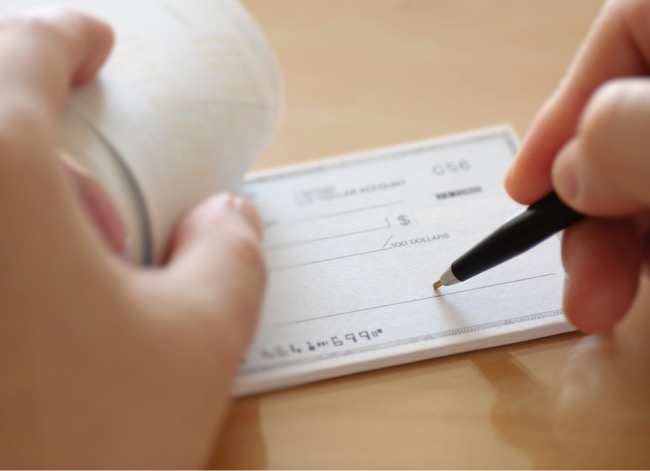
Miscellaneous Fees
There are also other fees that can vary by jurisdiction, and Romer warns that they can be quite unexpected. For example, he notes that sometimes there is an “attendance fee,” or “tip,” paid to the person who attends the closing on behalf of the title insurance company. “This will typically be a few hundred dollars, depending on what is customary in your area,” he explains.
Romer offers a final tip to avoid surprises: “It is important to work with the right real estate broker, attorney, and lender to ensure you are fully prepared.”

